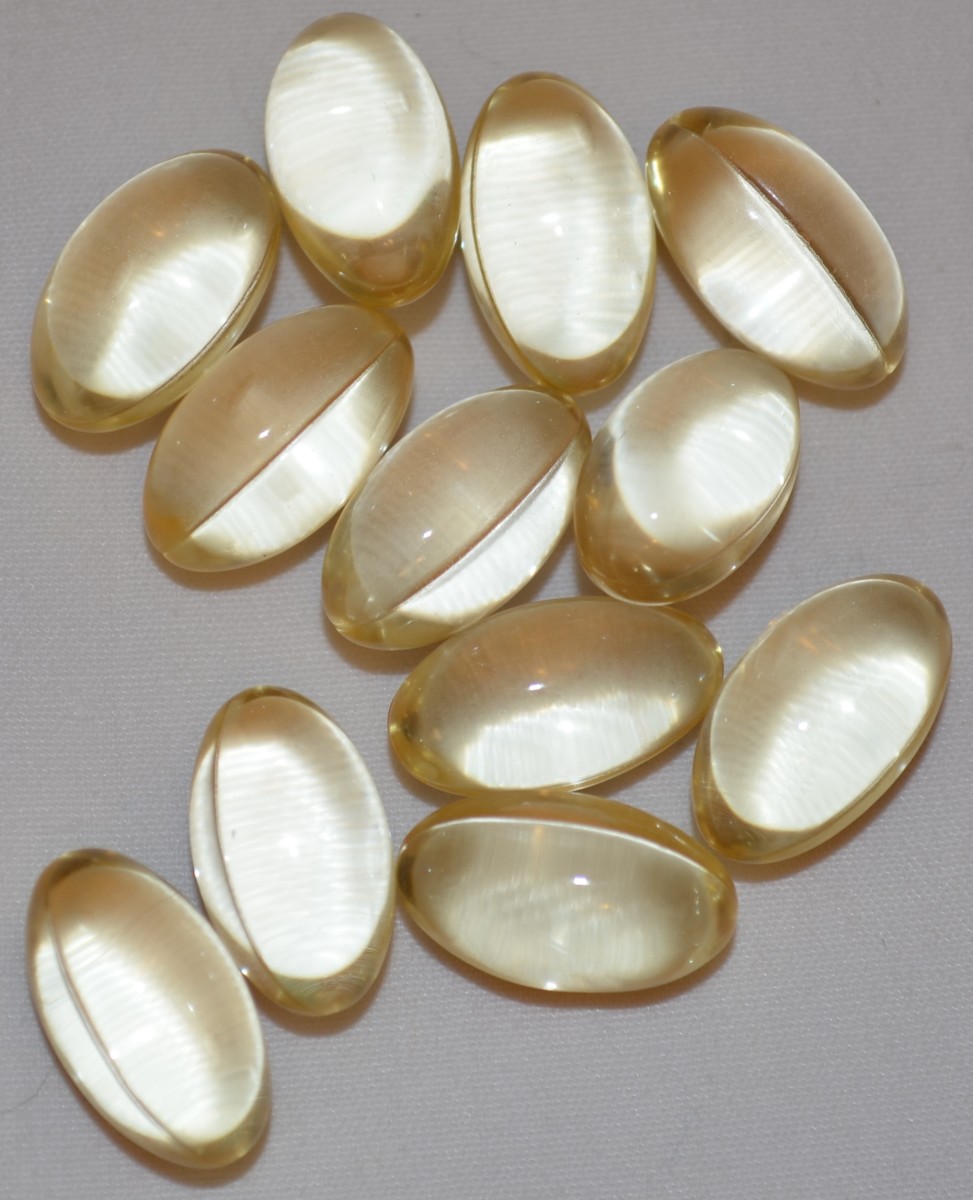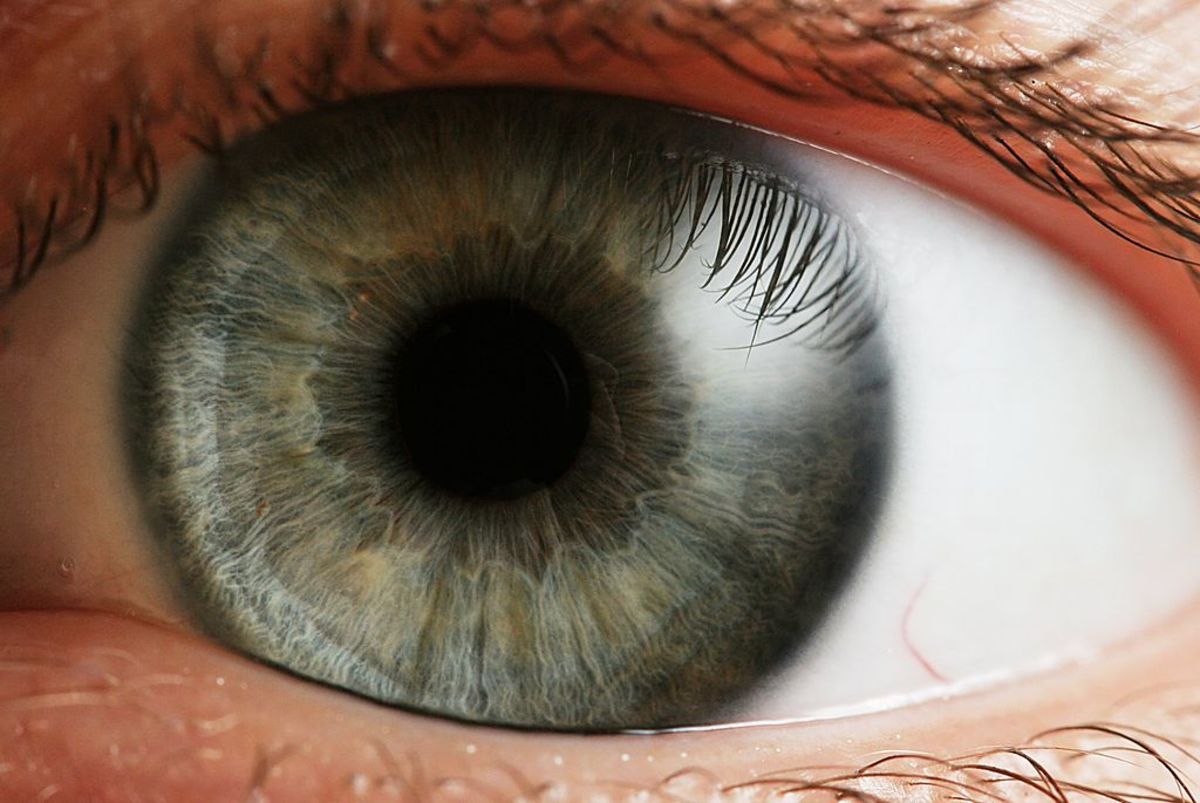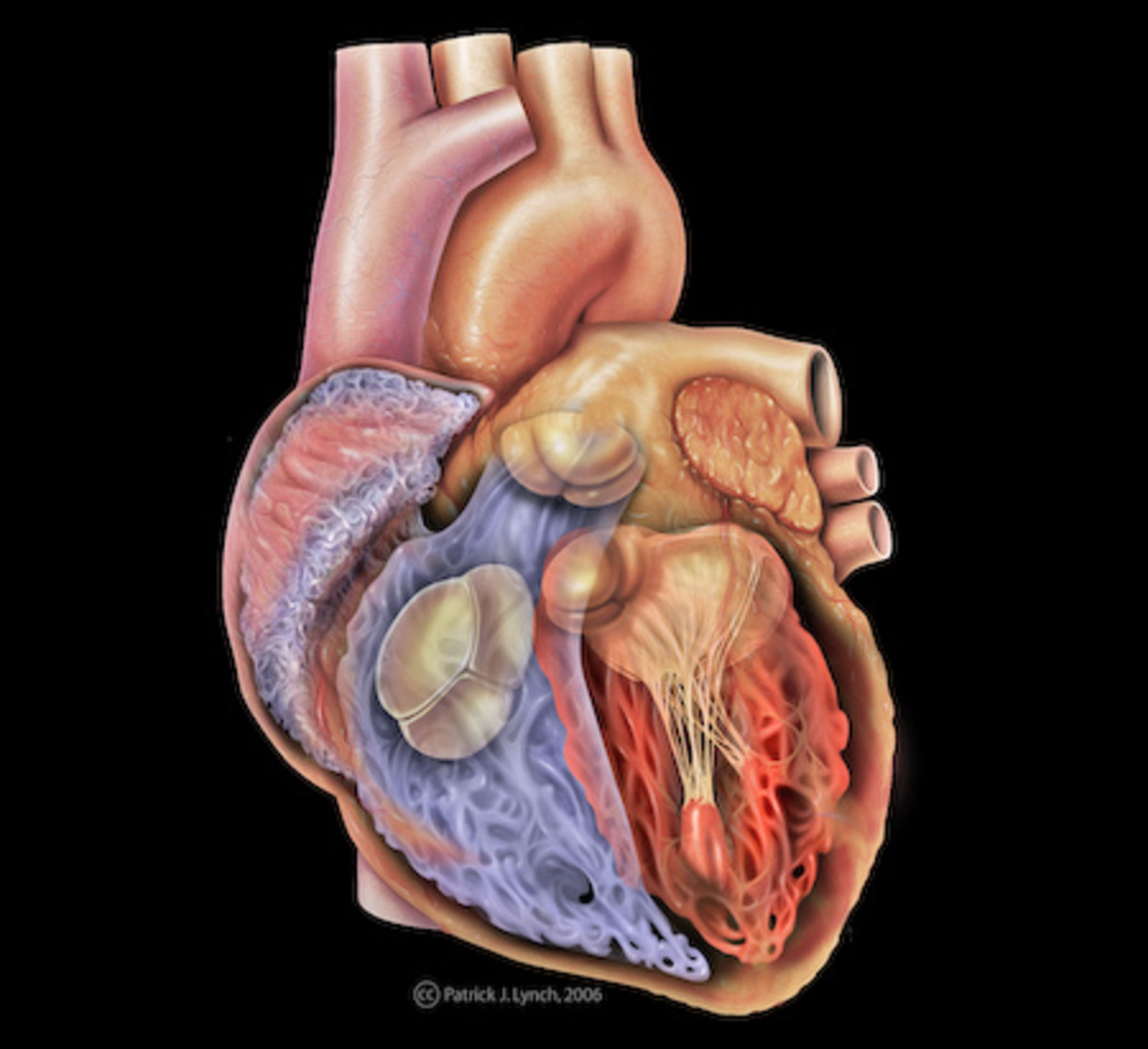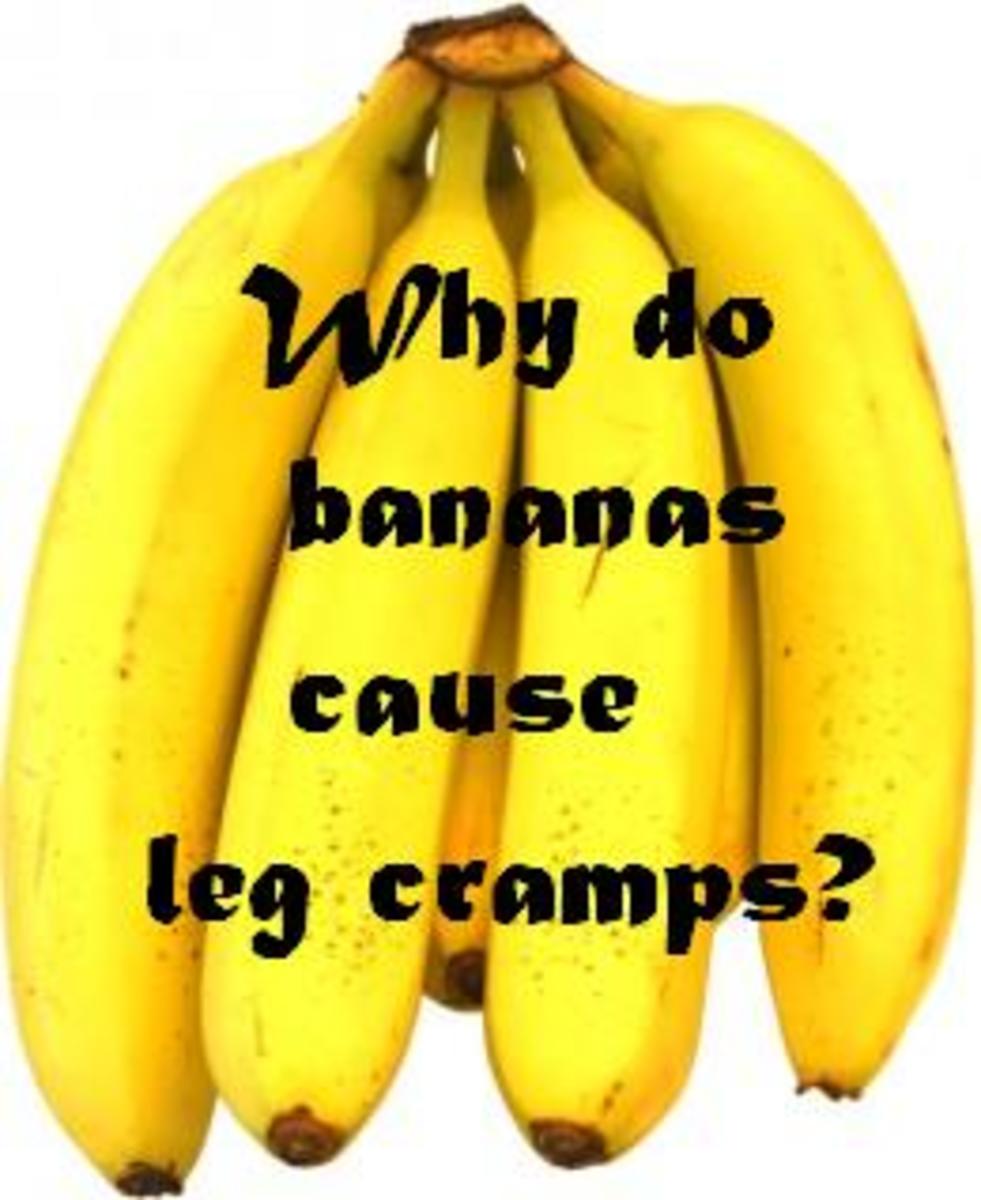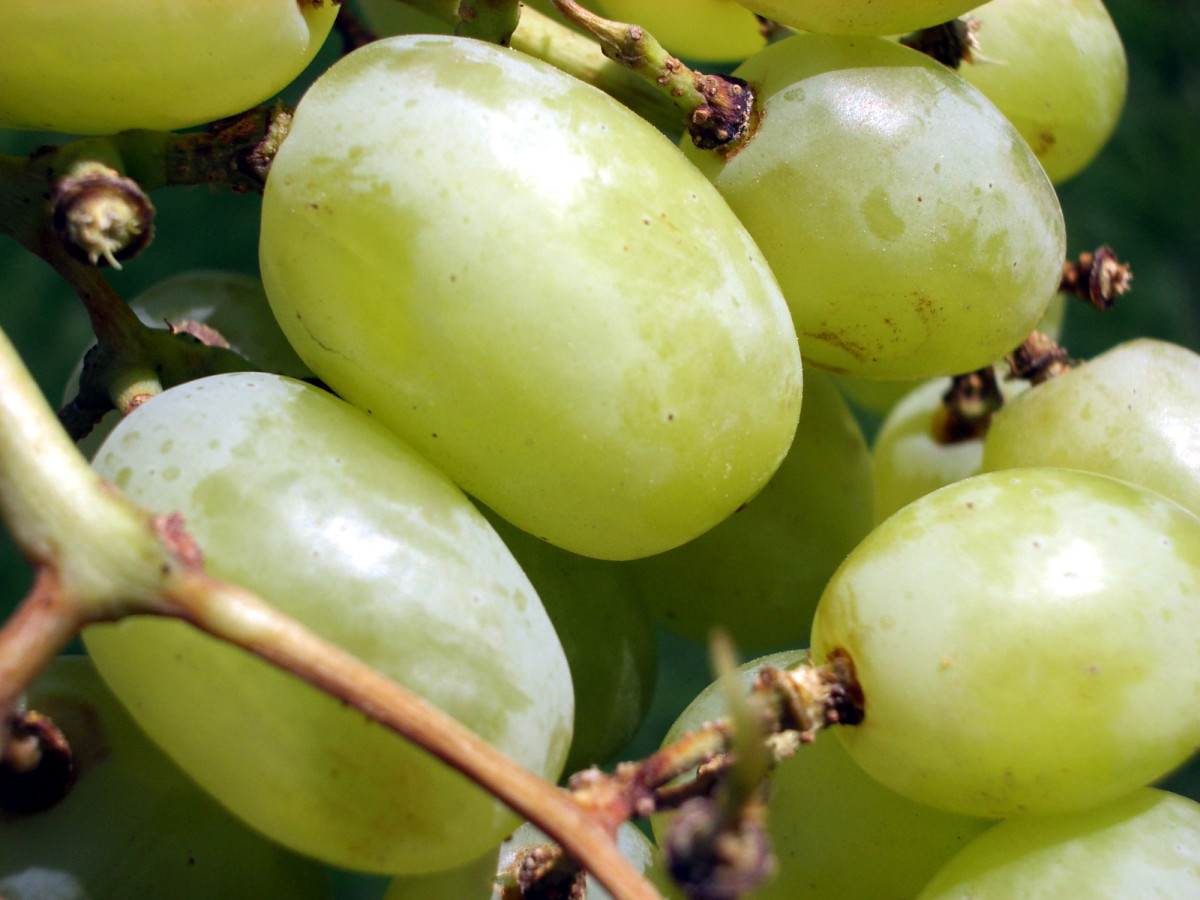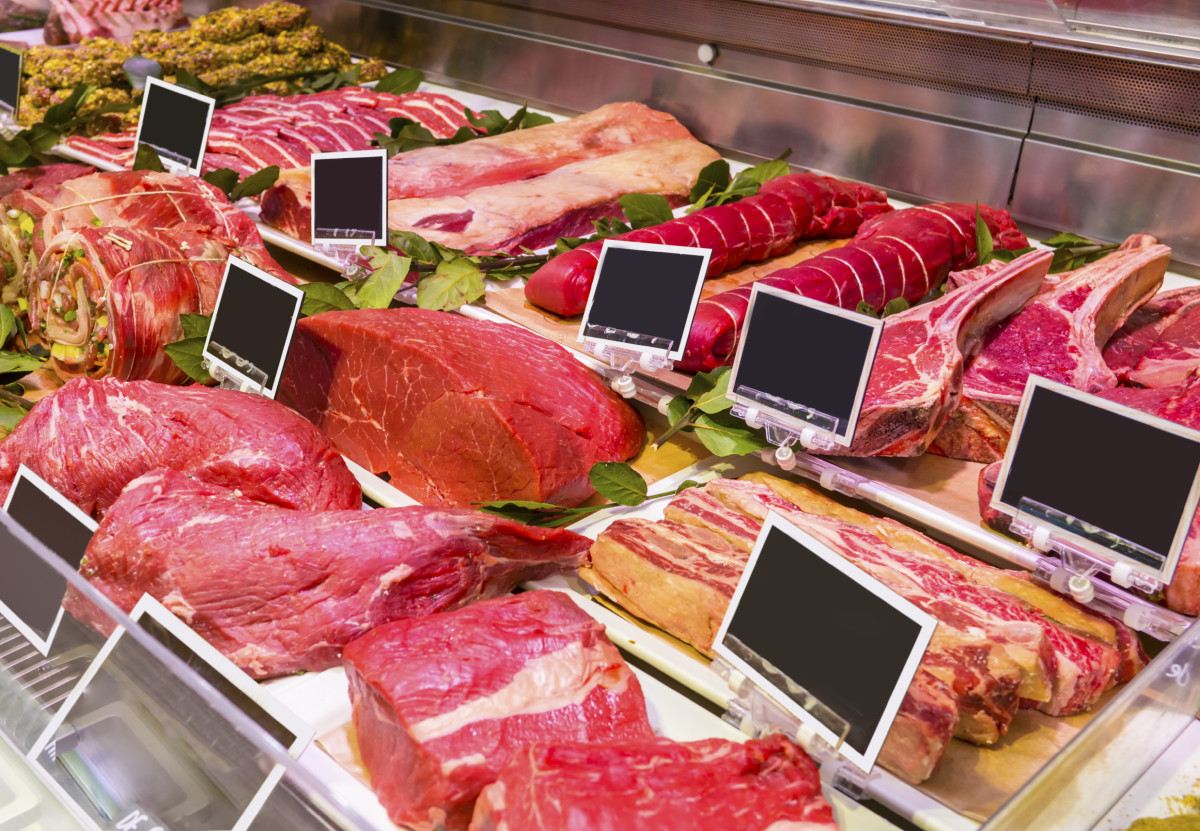What Is An Antioxidant? What Is A Free Radical? What Are Some Examples of Foods Containing Antioxidants?
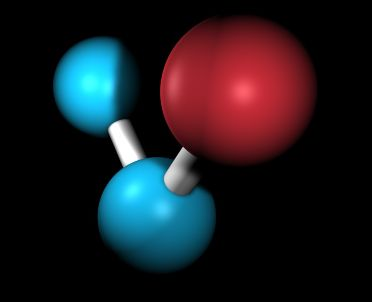
A Detailed List of Antioxidants Including Examples
- List Of Antioxidants | Antioxidant Chart
On the left of this chart is a healthy list of antioxidants and to the right of this chart are links taking you to examples of foods that fulfill adding antioxidants into your daily routine.
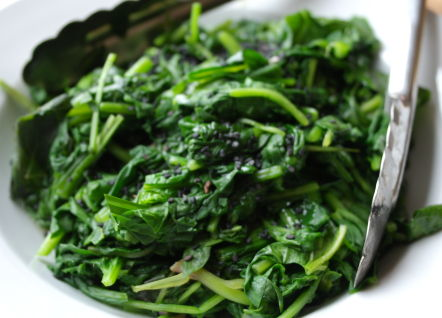
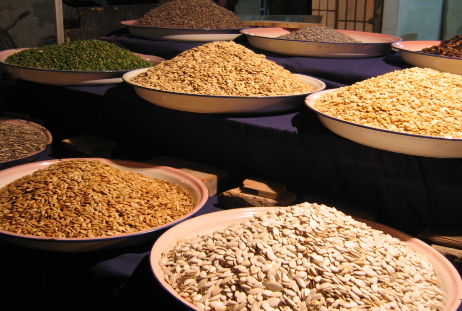
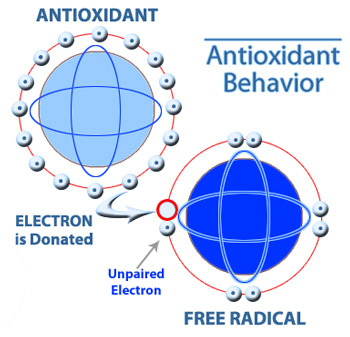
- What Is the Farm-to-Table Movement?
Some people might believe this type of social movement is something relatively new, but it's not really. It's been around for decades. If you like that back to the earth feel, this is for you.
What Is An Antioxidant?
We all hear or read about the value of antioxidants or read about the foods that are better for us because they are rich with antioxidants. You can't pick up a health magazine anymore without seeing this term, or an ad telling us why we need to eat more fruits and vegetables containing this substance. Obviously, it serves to be more beneficial to eat fresh produce and it's even fun shopping for those items if you have a local city market you can visit.
If someone asked you what an antioxidant is, could you explain it so that it’s easily understood? Hopefully, by the time you finish swimming through this article, you will be power packed with some good information to share. Many of us would basically be able to describe the benefits of antioxidants by stating "they're good for us." If we were asked why, could we explain it easily?
Merriam-Webster Dictionary defines antioxidant as "any of various substances (as beta-carotene, vitamin C, and alpha-tocopherol) that inhibit oxidation or reactions promoted by oxygen and peroxides and that include many held to protect the living body from the deleterious effects of free radicals."
An antioxidant is a substance consumed that aids in protecting body cells and helps to fix cells that are damaged--cells make up tissue we want to keep healthy. For example, Vitamins A, C and E, beta-carotene, lycopene and selenium contain antioxidants. If you incorporate fresh vegetables, fruits, nuts and whole grains into your daily eating habit, you will be providing your body with antioxidants. Okay, that's interesting. What does this mean exactly?
The damage that is caused to tissue is defined as oxidation. That’s where antioxidants come in, like some cavalry to attempt to create the opposite effect. Oxidation is something that occurs naturally just as aging is a natural occurrence. And, just as we hope to slow down an aging process, it’s good to know there’s a way to possibly curb oxidation. If oxidation is occurring, then free radicals are forming. The bad guys. Since antioxidants are those good guys trying to protect the body’s tissue, then there’s no reason not to consume those items you can put on a shopping list because they are high in antioxidants. Those good guys in your body need your support. And, if it’s true a higher level of antioxidants works to stabilize free radicals which could then prevent diseases from occurring, it’s a pretty simple diet routine to create and perform on a regular basis.
Research has indicated consumption of antioxidants might slow down the development of cancer or stop it from occurring, but there have also been clinical studies showing inconsistencies to this theory. Also, there is information indicating if a person over-supplements the intake of Vitamin E or beta-carotene, for example, the opposite result of a normal effect of antioxidants can occur. If balance in our bodies of substances is a desired goal, there is so much research involved in learning what the benefit is of everything consumed. Likewise, with mineral, selenium, you want to be careful not to have an excessive or low amount of this in your body. If, however, we are what we eat, then it might be very well worth our efforts to know exactly what is going into our bodies and especially if we want to age gracefully and naturally.
Vitamins C and E and beta-carotene compose our body’s enzyme system are good antioxidants that charge into free radicals. Additionally, selenium is required for proper function of one of the body's antioxidant enzyme systems. Keep in mind, too, that what the body does not generate naturally has to be consumed through resources.

- Health: What Are Cranberry Beans and the Consumption Benefits?
I had never heard of the cranberry bean before and was intrigued by it's color and usefulness and protein and fiber value. I hope you find this information useful also!
What Is A Free Radical?
Unstable molecules, or free radicals, (the "bad guys") can damage cells which effect healthy tissue and allegedly can cause cancer. Antioxidants (the "good guys") help decrease this process. The bad guys are unstable molecules because they contain an odd number of electrons. Imagine an atom surrounded by two electrons at the top, two on one side, two on the bottom and only one on another side. That's an uneven number so it needs to steal one to create a balanced molecule which makes it a good guy again. Unfortunately, once it obtains the missing electron and becomes stabilized, while it’s no longer a radical, the molecule it stole from now becomes a free radical, thus, these bad guys create a chain reaction in a sense because they look to connect with other molecules creating the chain of damage.
And you know, bad guys have a role in aging and causing damage to healthy tissue. They probably also play a role with some diseases, but researchers carry on their studies on this subject. Just when the bad guys are settling in, in come the antioxidants which help deter them from damaging tissues. The antioxidant, or good guy, is a healthy molecule and can be found in fresh fruits and vegetables that contain elements like Vitamins A and E and beta-carotene. Instead of turning to pills, reach for the fresh items in your produce section for these substances. These are the things you want to invite to your good eating party because you would only invite the good guys anyway, right? In the long run, your body will be grateful.
Naturally, as we age, this pattern of damage caused by free radicals is going to occur, but the things we can help with are what they could potentially destroy such as parts of our DNA or mess with clogging arteries. There are ongoing studies to determine exactly what their role is with disease, in particularly heart disease and cancers. It stands to reason, however, the lower number of free radicals floating around in the body, then the lower the chances for heart issues. Whenever I read words like “might,” “can,” or “maybe,” that tells me the behavior of these molecules is ongoing research to determine what is conclusive. It certainly cannot hurt your body, however, to eat fresh fruit and vegetables routinely. There is an excellent video below that will capture antioxidants and free radicals into a better visual understanding.
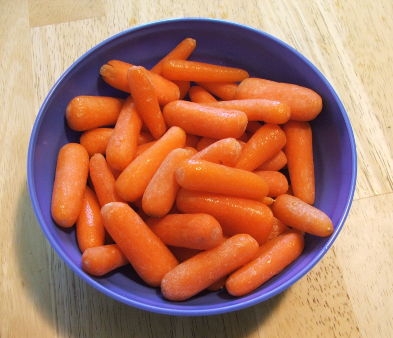
What Is the Relationship Between Vitamin A and Beta-Carotene?
Here's where I might be able to encourage confusion. To start off, foods such as spinach, broccoli, tomato, milk, liver, carrots and peaches contain Vitamin A. Vitamin A is a combination of compounds such as retinol or retinal which are defined as pre-formed Vitamin A found in fish-liver oils or other animal sources. Then, there is what is called pro-Vitamin A or beta-carotene that is found in plant sources. There are pigments found in vegetables that can be converted to Vitamin A in the body. Beta-carotene which is a strong antioxidant is one of those pigments. A vegetable that carries a lot of beta-carotene is the carrot. The white blood cells we carry have a relationship with our immune system which is protected by beta-carotene. Another vegetable containing beta-carotene and other antioxidants is the bell pepper (regardless of its color) and allegedly, there is a relationship between the effects of the antioxidants in bell peppers and brain functioning behavior. Are you confused yet? I am.
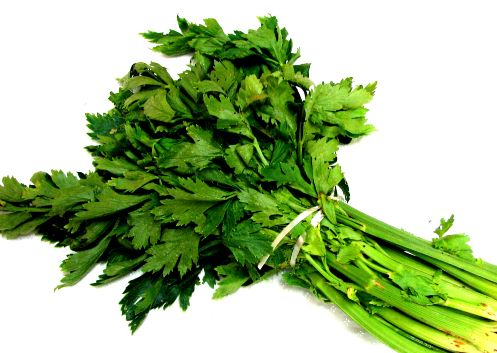
Flavonoids and Selenium
Straight out of Merriam-Webster's Dictionary window, flavonoid is defined as "any of a group of oxygen-containing aromatic antioxidant compounds that includes many common pigments." A really strong source of flavonoids is in celery, another fresh vegetable containing antioxidants. Don't throw away those celery leaves because allegedly, the leaves are full of antioxidants. Flavonoids are beneficial in curbing the spread of cancer because they deter growth of blood vessels which is what a cancer needs to spread.
Selenium (mineral) is a well-thought of good guy in its role as an antioxidant when combined with Vitamin E. It may be helpful in preventing cancer and has a relationship with the thyroid. There shouldn't be an excessive amount of selenium in the body, however. An overview of selenium can produce a lot of concerns and moreso than research on fruits and vegetables as a whole as to which ones are great for antioxidant consumption. If you have too much selenium, there are negative effects and if your levels are too low, there are unlikeable effects that are possible.
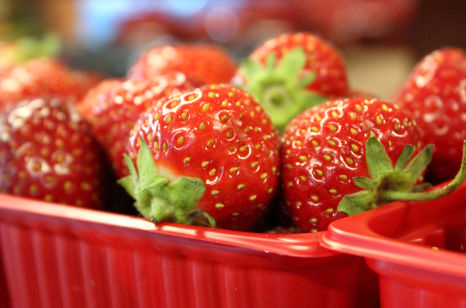
Vitamins C
Good sources of Vitamin C or ascorbic acid can be found in your citrus fruits like oranges, strawberries, and cantaloupe. It can also be found in vegetables such as green peppers, cabbage, spinach, and broccoli. Green peppers and spinach are excellent sources of high levels of antioxidants. The recommended daily allowance is 60 mg. Be careful with consuming excessive amounts because they could produce a negative effect.
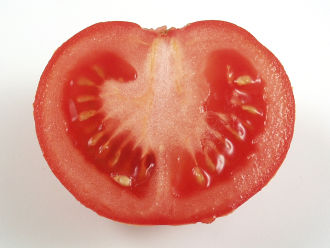
Lycopene
Lycopene can be found in large levels in a tomato. It loves to balance out the free radicals, so it has to be good for your heart too. Lycopene is also supposed to be a good promoter in helping with any high blood pressure issues.
Excellent video describing the relationship of antioxidants and free radicals.



